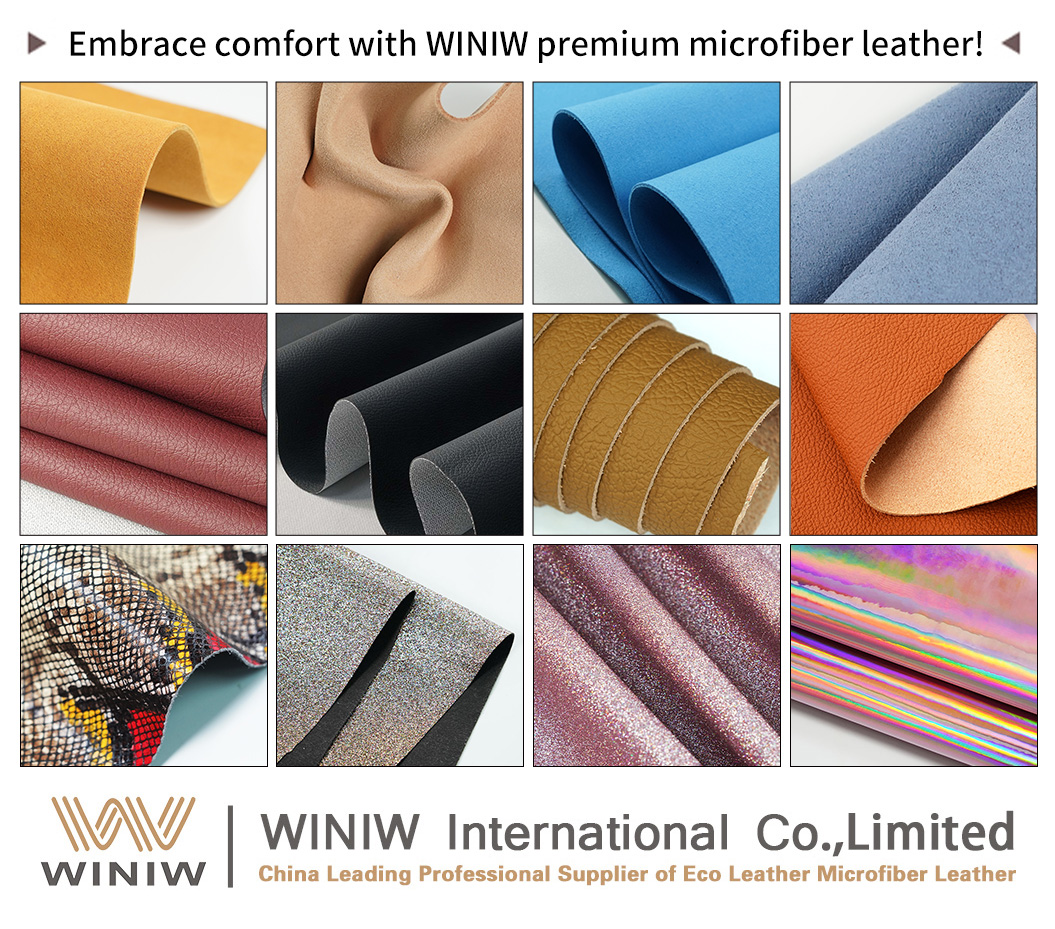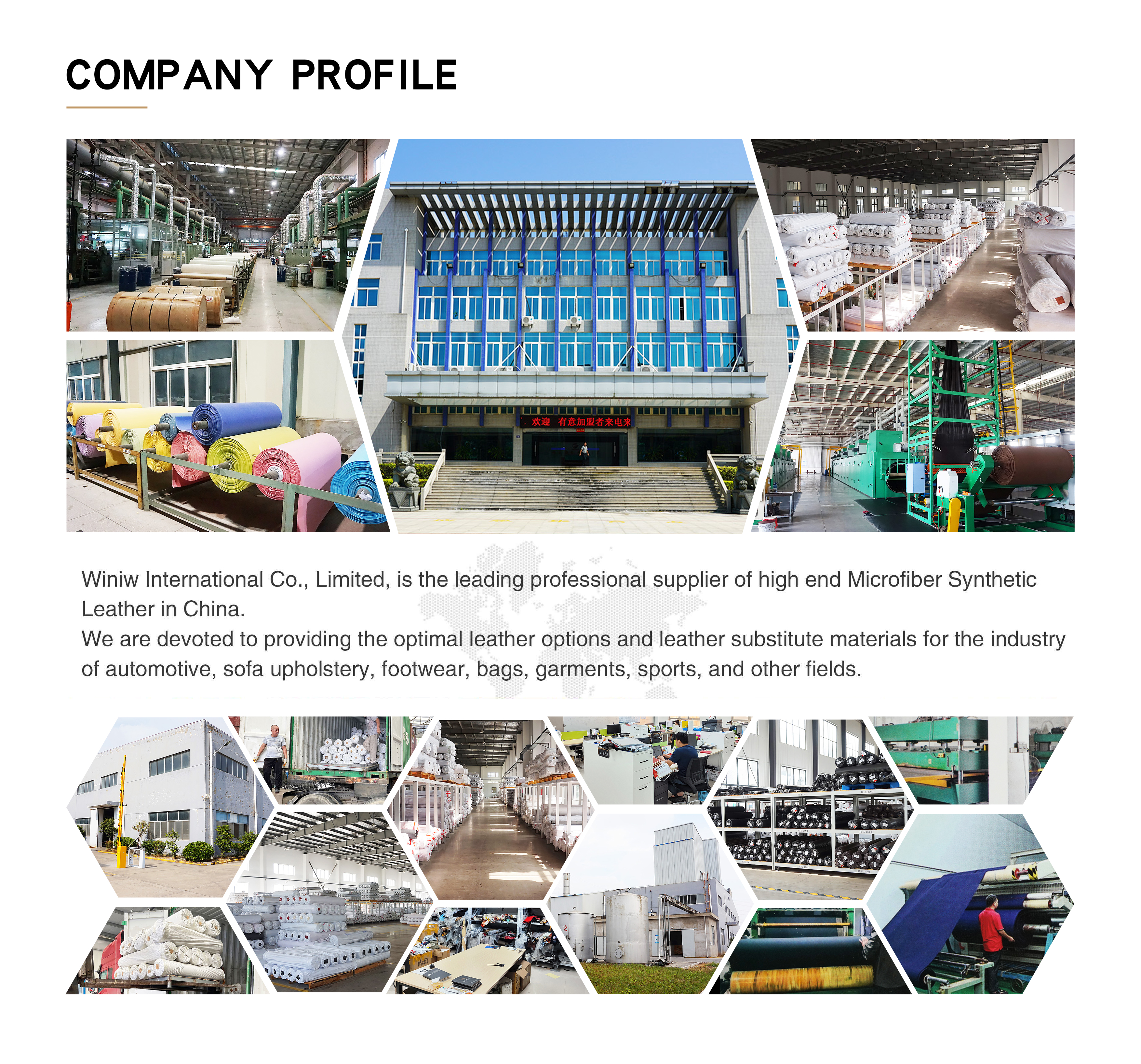-
Tel : +8618150976625
-
Email : Hello@MicrofiberLeather.com
Tel : +8618150976625
Email : Hello@MicrofiberLeather.com

Industry Insights: The Rise of Bio-Based Leather
In the ever-evolving world of materials and textiles, bio-based leather has emerged as a groundbreaking innovation, combining sustainability with luxury and functionality. As consumer awareness about environmental issues grows, the demand for eco-friendly alternatives to traditional leather has surged, paving the way for the rise of bio-based leather. This article delves into the intricacies of the bio-based leather industry, exploring its origins, benefits, production processes, and future prospects.

Bio-based leather, also known as plant-based leather, is crafted from renewable resources such as agricultural waste, plant fibers, and biopolymers. Unlike traditional leather derived from animal skin, bio-based leather offers a sustainable and cruelty-free alternative. Common plant-based materials used in its production include corn, wheat, pineapple, bamboo,甜菜, 仙人掌, mushrooms, apples, and soybeans. These materials undergo a complex process of extraction, modification, and bonding to create a durable, flexible, and aesthetically pleasing leather-like material.

The appeal of bio-based leather lies in its myriad benefits:
The production of bio-based leather involves several key steps:
The future of bio-based leather looks promising. With increasing consumer demand for sustainable and cruelty-free products, the market for bio-based leather is expected to grow significantly. Innovations in material science and production techniques will continue to drive improvements in the quality, performance, and cost-effectiveness of bio-based leather. Additionally, as more brands and designers embrace sustainable fashion, bio-based leather will play a pivotal role in shaping the future of the fashion industry.
In conclusion, bio-based leather represents a significant shift towards more sustainable and ethical material choices. Its rise is a testament to the growing consumer awareness about environmental and animal welfare issues. As the industry continues to evolve, bio-based leather will undoubtedly play a crucial role in driving the adoption of sustainable practices across various sectors.
